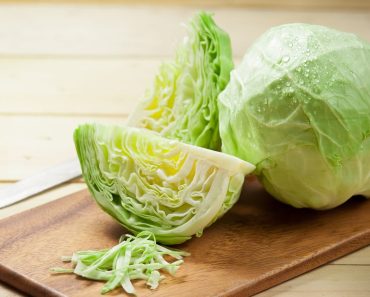
Image Credit : Pixels
Of course, digestive issues are really annoying. Hearing someone with Irritable Bowel Syndrome (IBS) is becoming more and more common (IBS). However, you can regularly loathe your insides whether or not you have IBS. We outline the symptoms that show your digestive system is irritated as well as how to treat it.
Negative Effects
Your daily routine is affected by stomach discomfort. Additionally, the most unannoying sound of all is the thundering that can come from inside of you, unless it happens during a really challenging gathering in which case it is not cool.
Dietician Jaime Rose Chambers lists additional symptoms of an upset stomach in addition to the snarling sound, such as:
The stoppage, Runs, Queasy, Retching, Tooting, and Consuming Indigestion are all symptoms of stomach pain.
Gastroscopic Vegetation
Finding the aforementioned side effects is annoying. In light of this, you insist that your stomach needs to be modified. Up until the end of your body, this is also significant. According to the dietitian, “A sound stomach is important since it connects with many parts of the body, including solid processing, internal capabilities, and retention of nutrients from our food.” Your body will get stronger and more secure as a result of the barrier it creates.
So maintaining a solid stomach is important. Anyhow, how would you go about doing that? To start, it’s important to understand that your stomach verdure plays a vital role, as suggested by Chambers. The health of your stomach verdure has some influence on how strong your stomach will be (countless different stomach amicable microorganisms). It possesses a sizable capability. It maintains absorption, holds onto nutrients, and regulates the impervious framework.
Introducing beneficial microorganisms
Green stomach, healthy stomach. Of course, everything sounds ideal, but how would you obtain those solid microorganisms? Fortunately, Chambers emphasised that it’s not terribly complex. She advises eating a variety of plant-based foods as well as probiotic dietary sources every day. The final choice may sound confusing, but it is not in the same way. You could, for instance, consume kefir. On the yoghurt rack in the supermarket, you can find a lot of it. Probiotic kefir yoghurt, according to Chambers, “takes your gastrointestinal wellness to a higher degree.” It’s very simple to incorporate into your regular eating schedule. For instance, you could use it to make a delicious yogurt-like dip, a dressing, or breakfast with oats.





